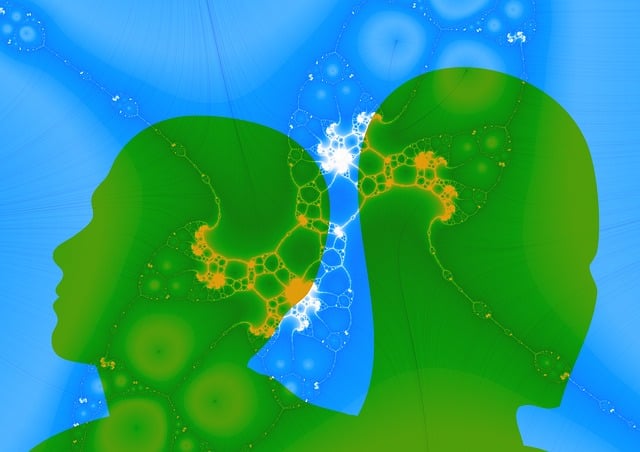Neurotransmitters: Definition, Function, & TypesDiscover the function and importance of neurotransmitters. Explore the function of neurotransmitters in sleep, mood, happiness, and more.
These chemical messengers are called neurotransmitters and they play a vital role in almost every aspect of thinking and cognition. Neurotransmitters can also affect functions in other parts of the body such as temperature and heart rate regulation.
Before reading on, if you're a therapist, coach, or wellness entrepreneur, be sure to grab our free Wellness Business Growth eBook to get expert tips and free resources that will help you grow your business exponentially.
Are You a Therapist, Coach, or Wellness Entrepreneur?
Grab Our Free eBook to Learn How to
|
Are You a Therapist, Coach, or Wellness Entrepreneur?
Grab Our Free eBook to Learn How to Grow Your Wellness Business Fast!
|
Terms, Privacy & Affiliate Disclosure | Contact | FAQs
* The Berkeley Well-Being Institute. LLC is not affiliated with UC Berkeley.
Copyright © 2024, The Berkeley Well-Being Institute, LLC
* The Berkeley Well-Being Institute. LLC is not affiliated with UC Berkeley.
Copyright © 2024, The Berkeley Well-Being Institute, LLC




